In a stunning act of rebellion, a group of artists has leaked OpenAI’s Sora project, exposing what many fear could be the most destructive tool ever unleashed upon the creative industry. Sora, a text-to-video AI model, promised to revolutionize content creation—but at what cost? Leaked details from the project suggest that this tool might obliterate the very essence of artistic integrity, making art and filmmaking a trivial exercise for the unimaginative. As these artists sought to punish OpenAI by exposing Sora’s full capabilities, the rest of us are left questioning whether this tool represents innovation or the death knell for authentic creativity.
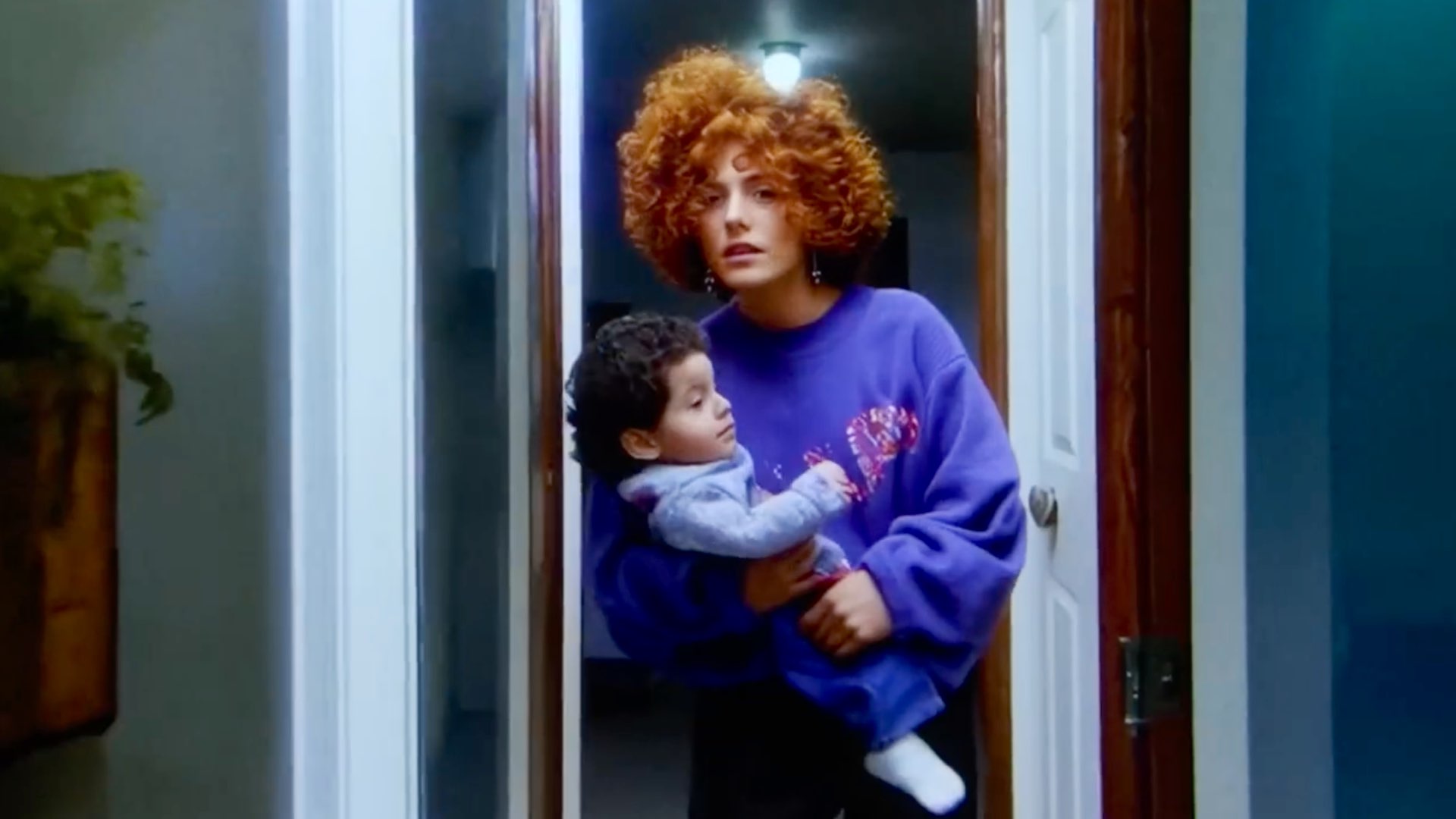
The Sora Leak: Artists Strike Back
According to reports, the leak came directly from artists who had tested Sora themselves. Disillusioned by its potential for harm, they decided to release the project into the wild, hoping to bring attention to its dangers. Their actions were a desperate plea for accountability, as many believe Sora represents the ultimate betrayal of the creative community. A comprehensive report from TechCrunch highlights the leaked data and the backlash from artists. Meanwhile, a demo of Sora’s capabilities has surfaced on Hugging Face, showcasing its ability to churn out generic, uninspired visual content based on simple prompts. If the leaked information is accurate, Sora isn’t just democratizing creativity—it’s mechanizing mediocrity.
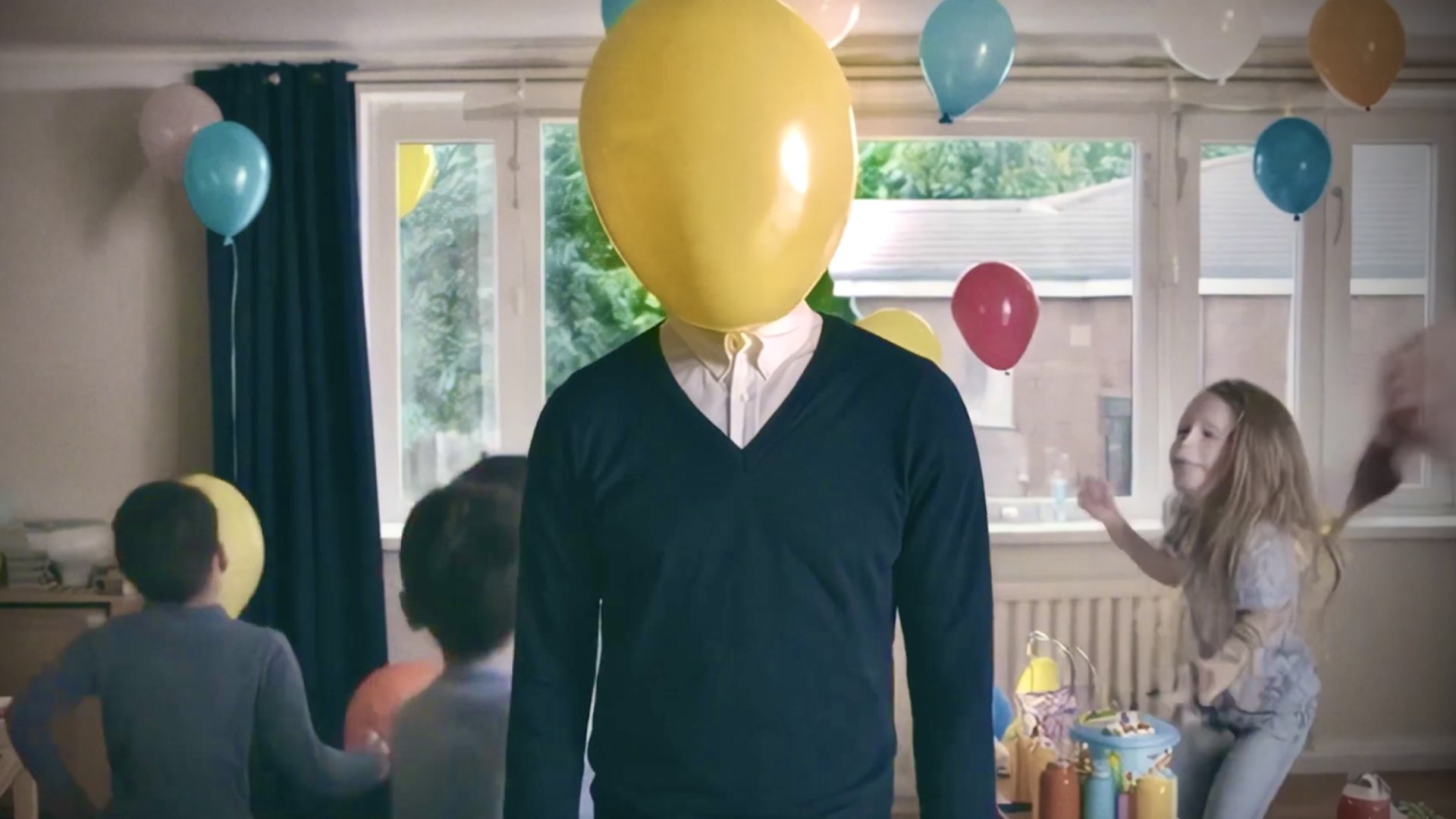
Sora: A Tool for Lazy Creators?
From the start, OpenAI positioned Sora as a groundbreaking tool for filmmakers, brands, and content creators. It could generate entire video projects with minimal input, offering an unprecedented level of convenience. But convenience isn’t synonymous with quality. Sora’s ability to reduce artistic endeavors to a series of algorithms doesn’t empower creators—it diminishes the craft itself. In an earlier review, Y.M.Cinema Magazine discussed Sora’s first music video, a nightmarish blend of incoherent visuals that lacked soul and creativity. The project served as a glaring reminder that Sora, despite its technical prowess, can’t replace human ingenuity. Yet, OpenAI continued to market it as a game-changer, wooing Hollywood studios and advertisers with promises of cost-cutting and speed.
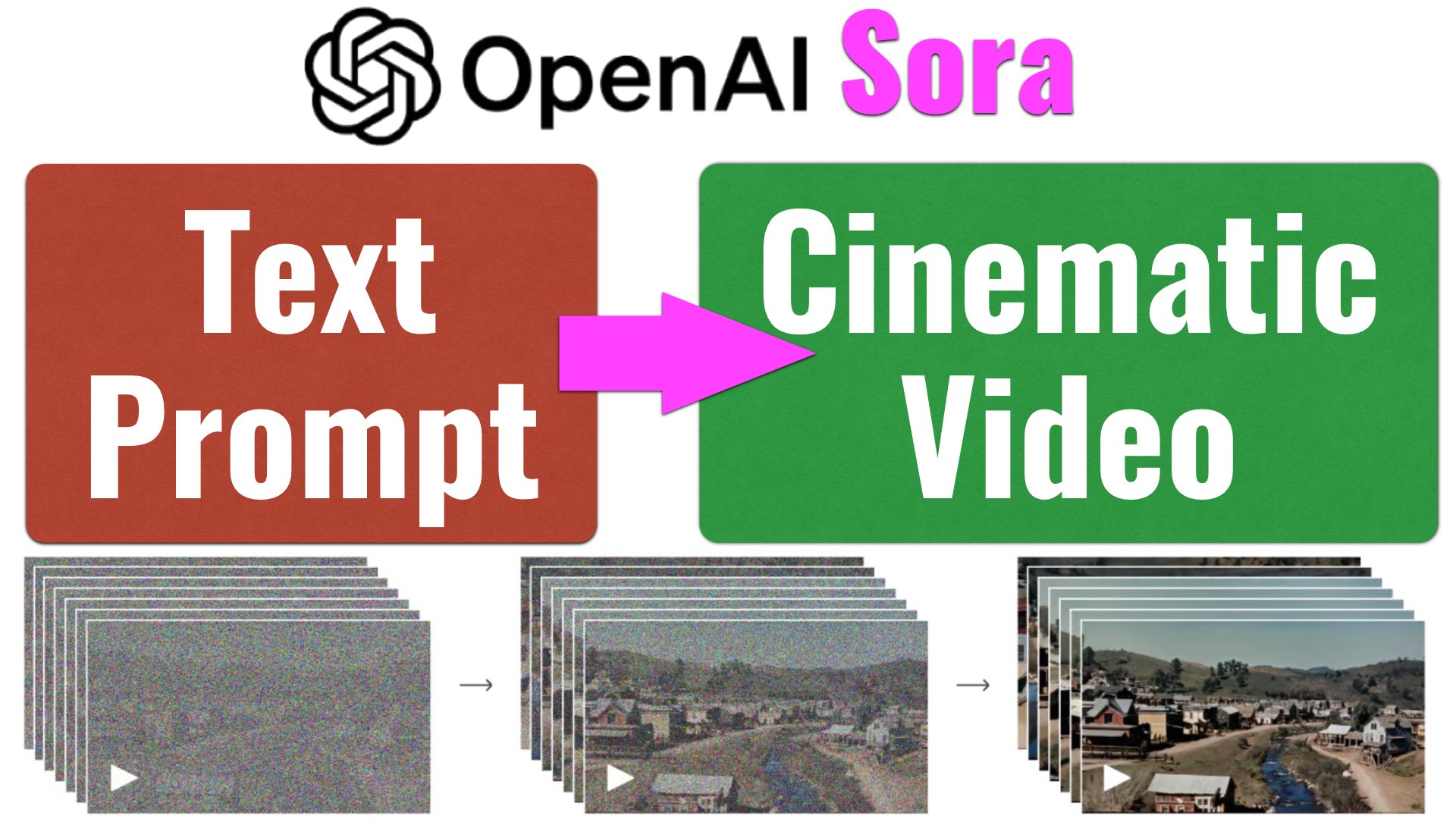
The Harm to Artists and the Industry
What makes the Sora leak so contentious is the tool’s potential to devastate the creative ecosystem. From filmmakers to animators to graphic designers, artists stand to lose not just work, but also their sense of purpose. Sora reduces the artistic process to an automated sequence, eliminating the need for skilled labor. It’s not just a tool for creation; it’s a catalyst for the devaluation of art itself. As noted in “Sora Has Been Tested by Filmmakers: What Do They Think?”, even professionals who initially embraced the technology voiced concerns about its impact. The model’s ease of use encourages laziness, allowing creators to skip over the intricacies that make art meaningful. What we’re left with is a sea of bland, algorithmically-generated content masquerading as creativity.
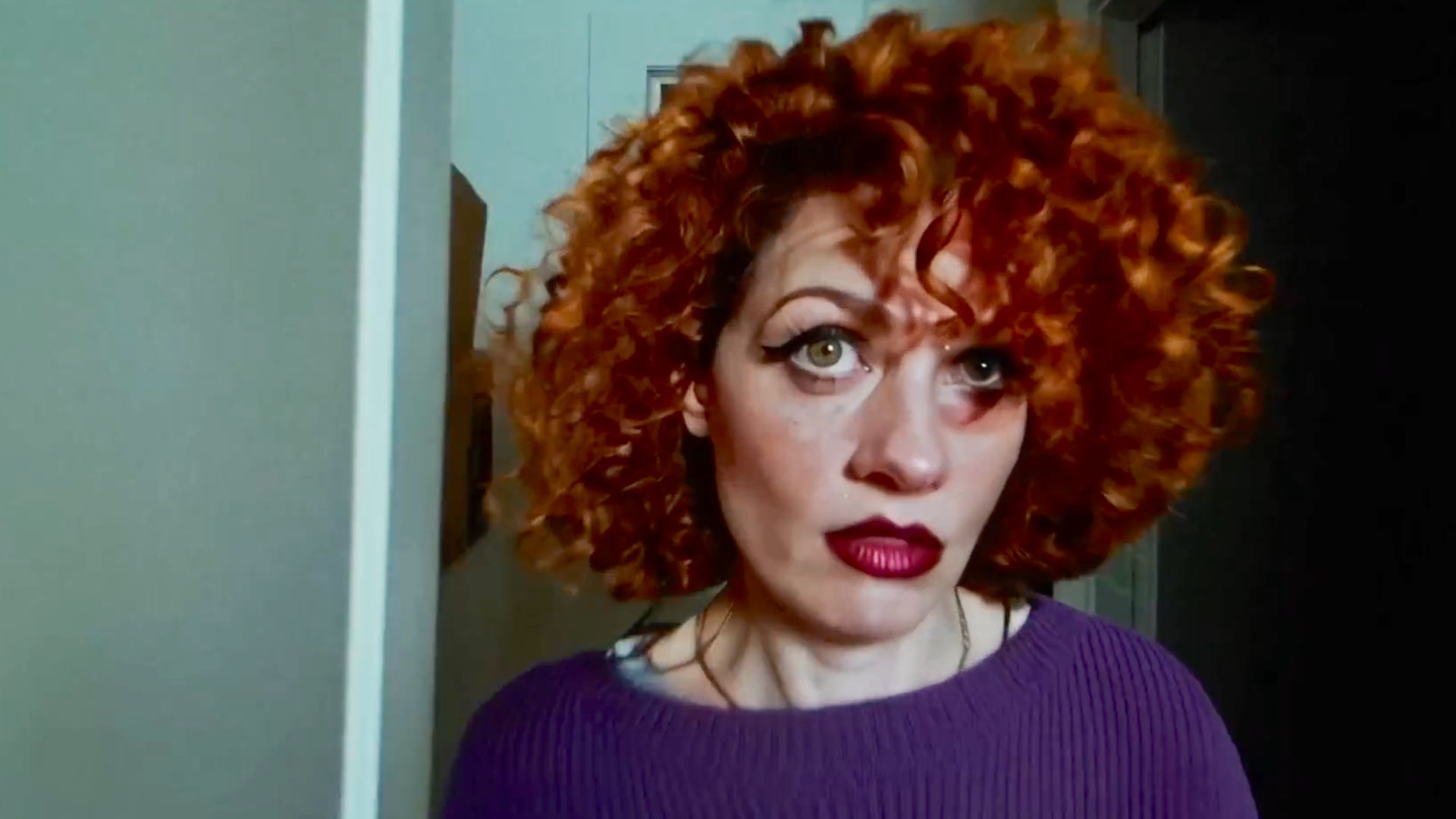
Sora and Hollywood: A Double-Edged Sword
Sora’s implications go beyond individual artists—it could reshape entire industries. Hollywood, already grappling with the integration of AI, faces an existential crisis. In a recent piece on Hollywood’s Future, Y.M.Cinema Magazine explored how tools like Sora threaten to replace traditional filmmaking processes. Scripts, storyboards, animations, and even full feature films could soon be AI-generated, leaving audiences with homogenized narratives devoid of human emotion. While some brands and filmmakers have embraced Sora’s potential, as seen in the first major commercial produced with Sora, critics argue that these projects are merely cost-saving gimmicks. They may look polished on the surface, but their lack of depth and originality is glaring upon closer inspection.
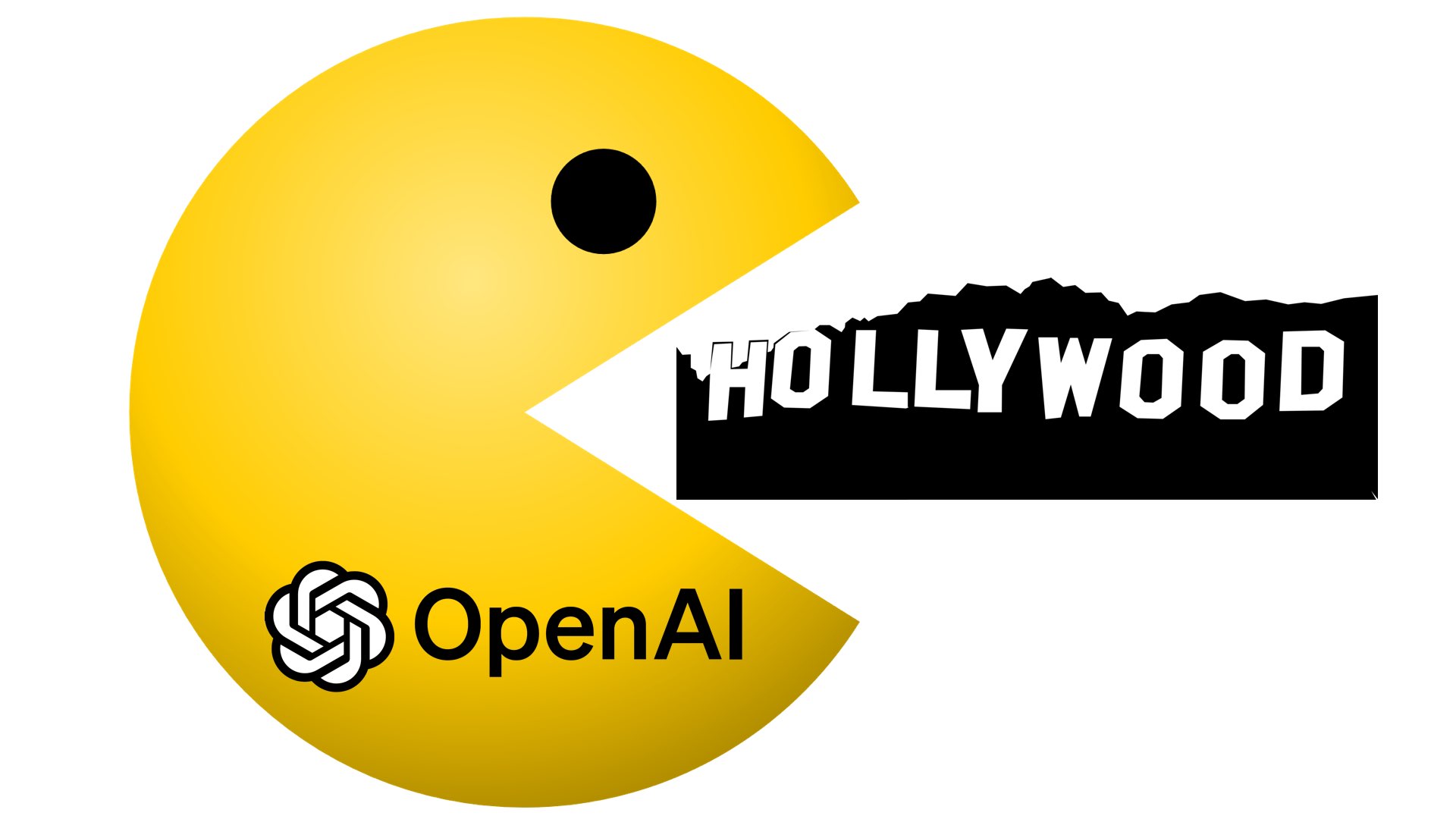
Alternatives to Sora: The Rise of Competitors
Interestingly, the backlash against Sora has given rise to competitors like VIDU, which aims to offer a more ethical and artist-friendly approach to AI-powered video creation. VIDU positions itself as a more responsible alternative, with tools designed to assist rather than replace artists. While it’s too early to tell if VIDU will dethrone Sora, it’s clear that not all AI developers are content to sacrifice artistry for automation.
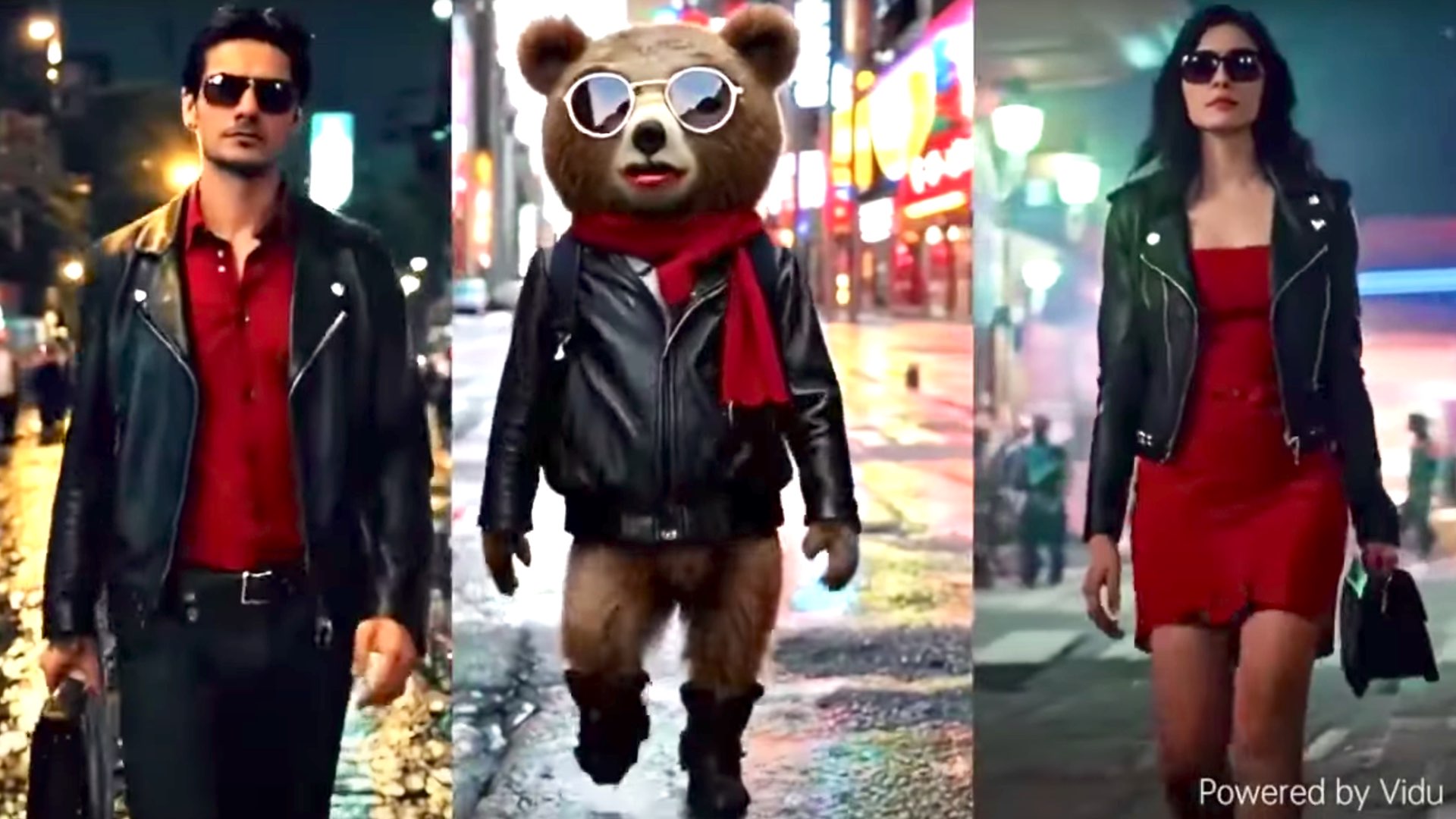
Sora’s Future: A Pandora’s Box
OpenAI’s vision for Sora, as outlined in their initial announcement, was to democratize filmmaking and empower creators. But in reality, it has done the opposite, stripping the creative process of its humanity and threatening the livelihoods of artists. The artists who leaked Sora’s project have forced an important conversation about the ethics of AI in art. As the debate rages on, one thing is clear: tools like Sora must be scrutinized, regulated, and, perhaps, reimagined entirely. Otherwise, we risk a future where creativity is not a human endeavor, but a commodity generated at the push of a button.
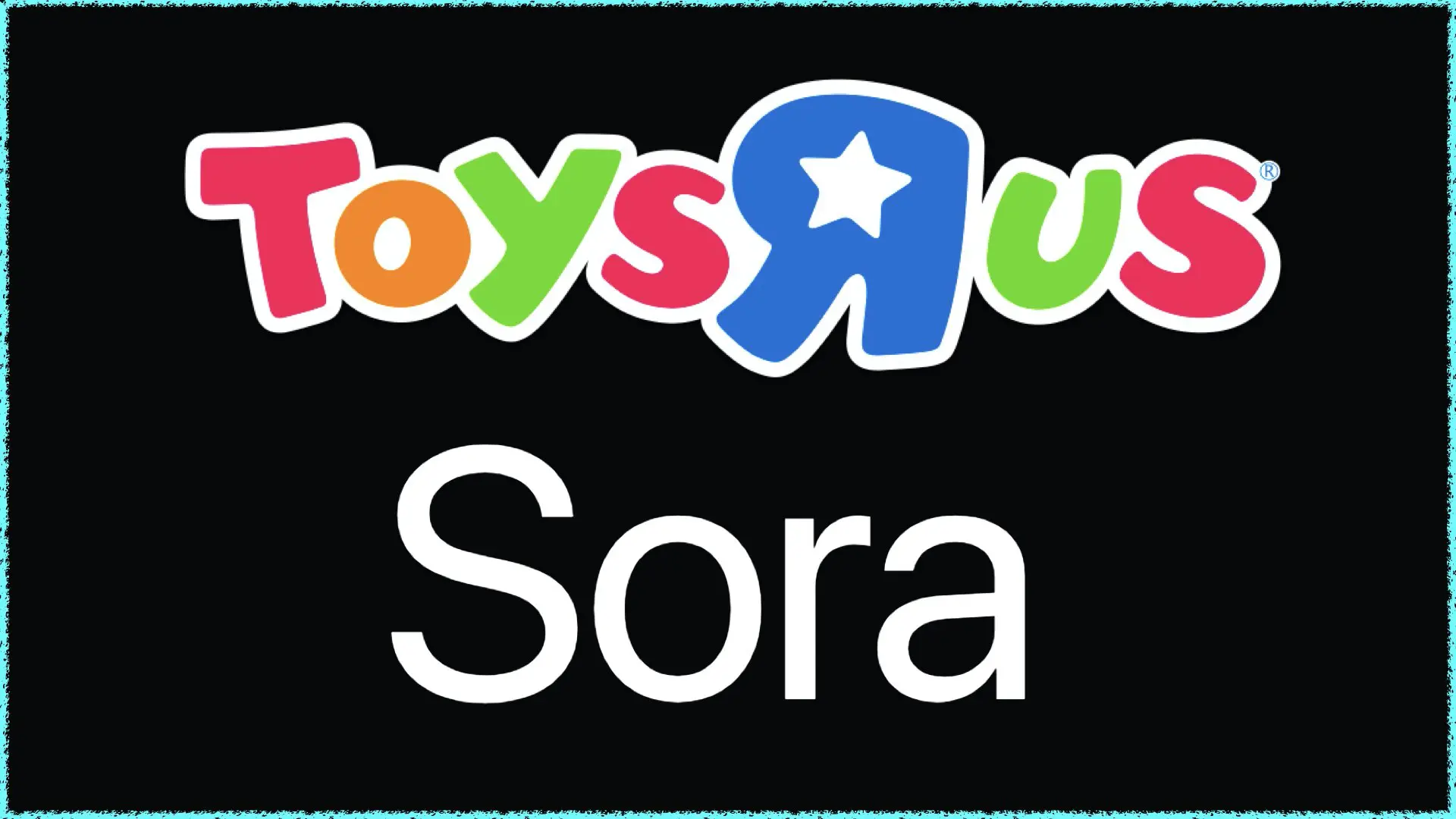
Conclusion: A Call to Action
The leaked Sora project is a wake-up call for artists, creators, and consumers alike. If we value art as an expression of humanity, we must resist the allure of AI tools that prioritize efficiency over authenticity. As Sora continues to dominate headlines, the question remains: will we let it define the future of creativity, or will we fight to protect the soul of artistic expression?

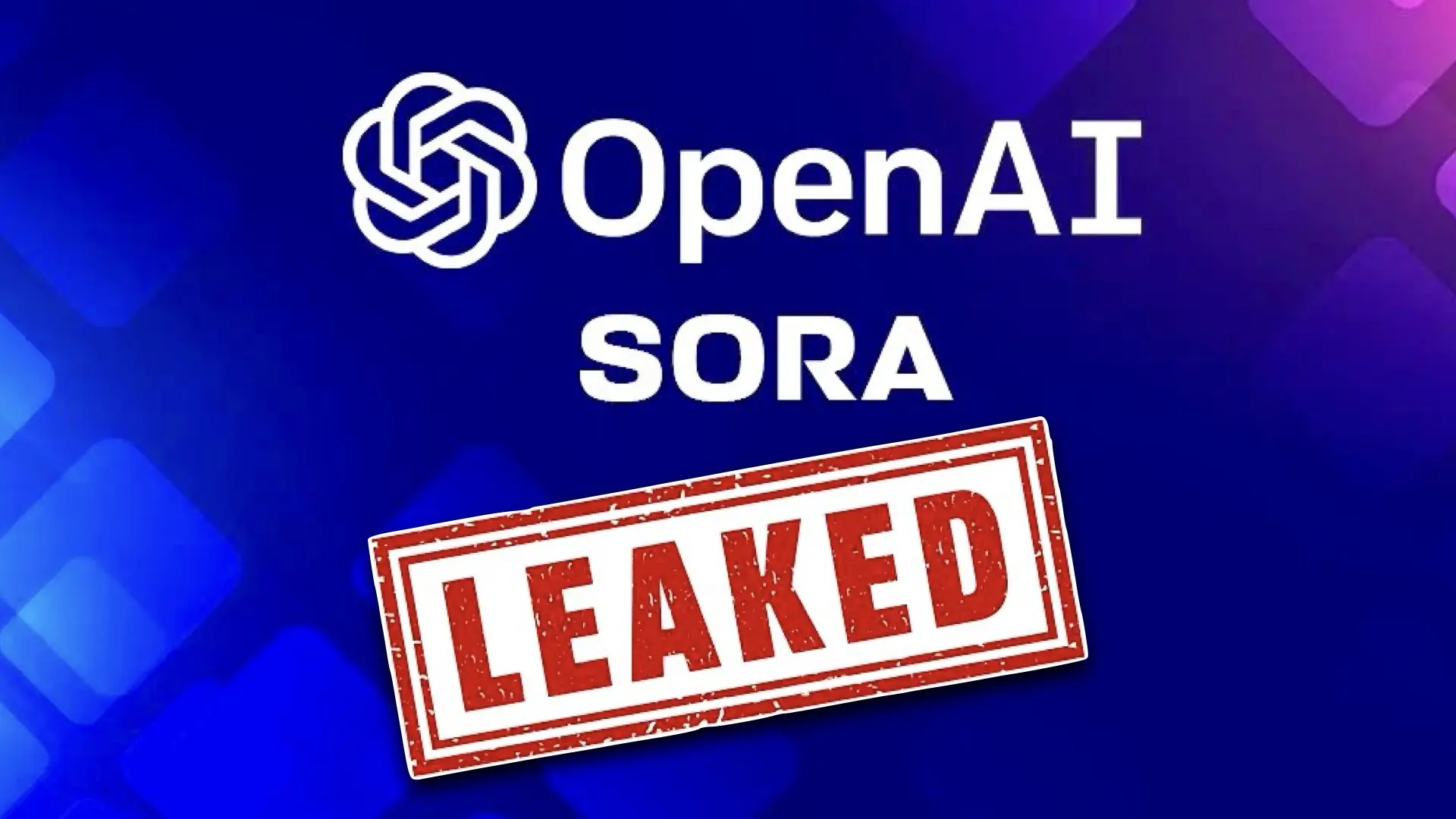
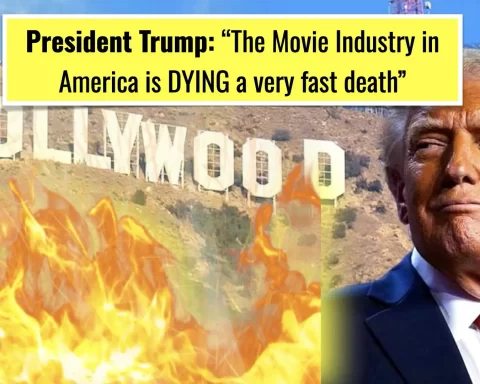
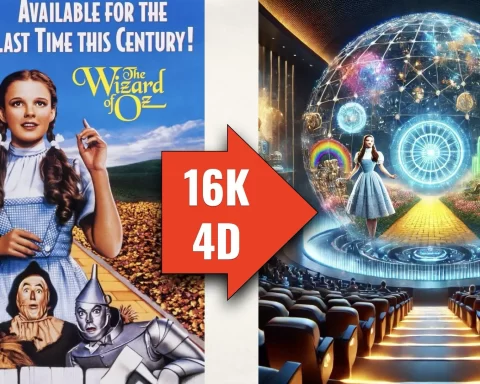
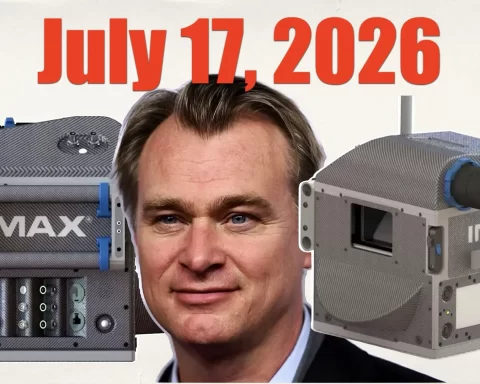
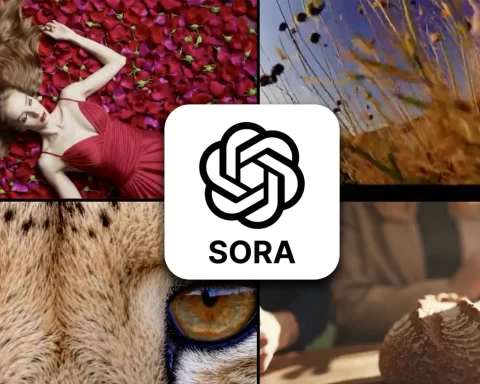
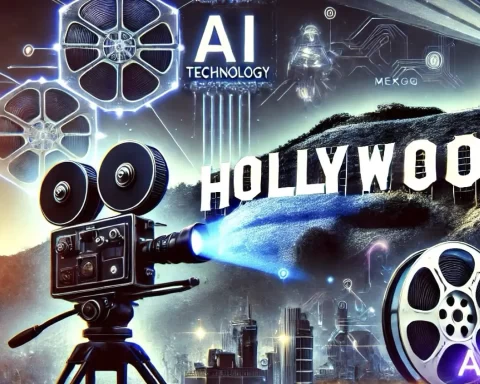
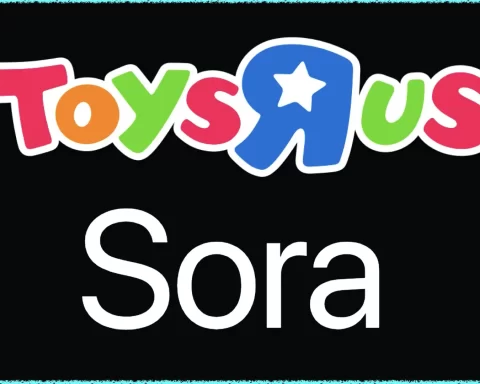
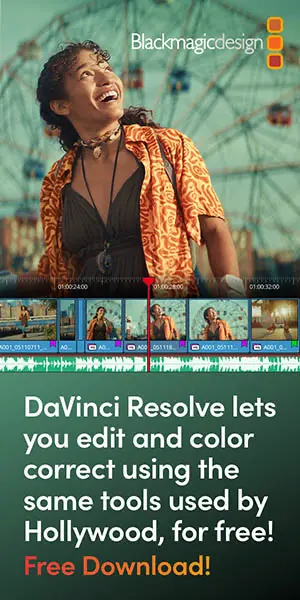
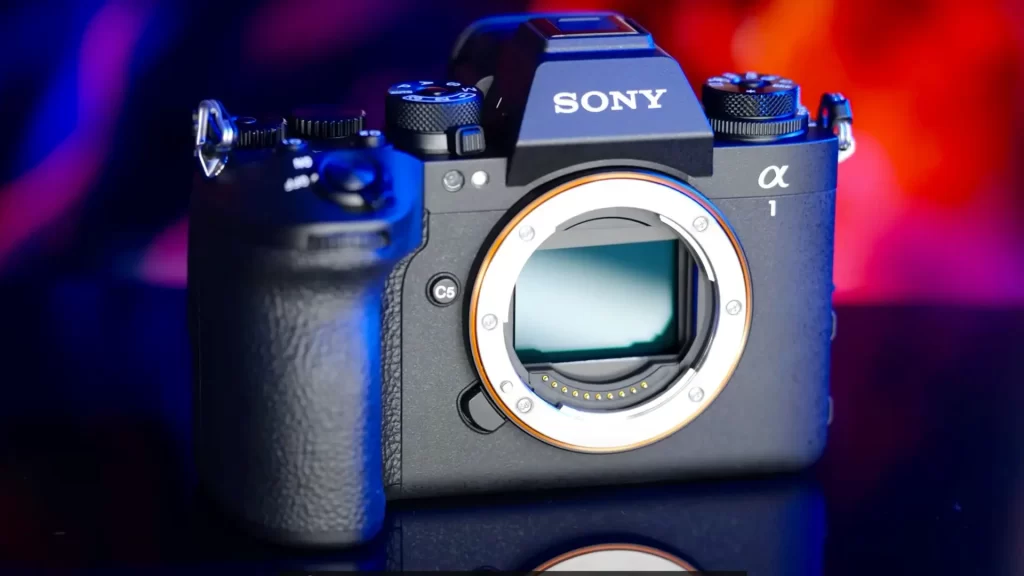
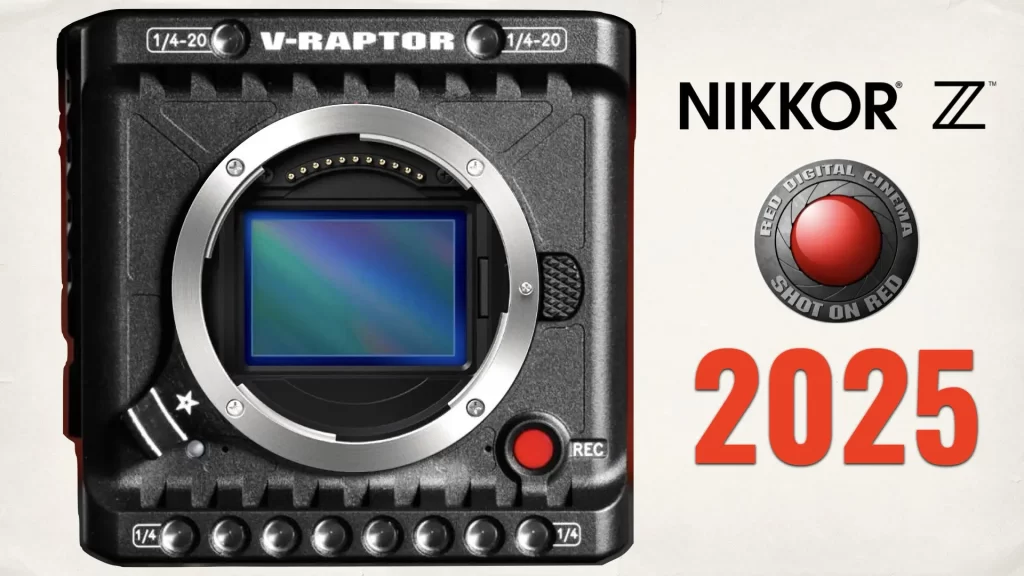
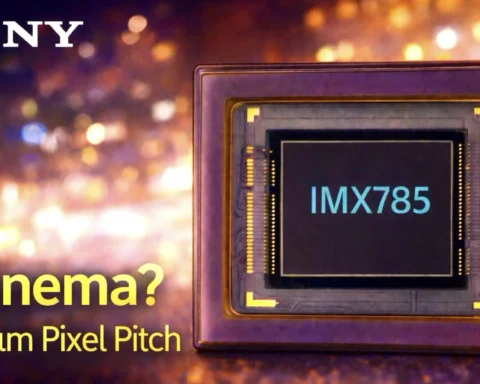
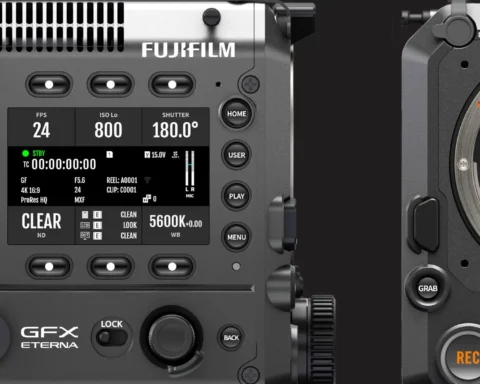
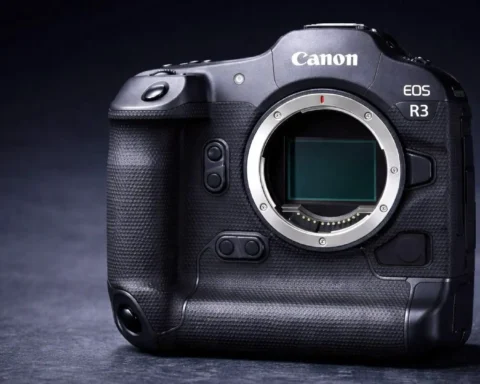
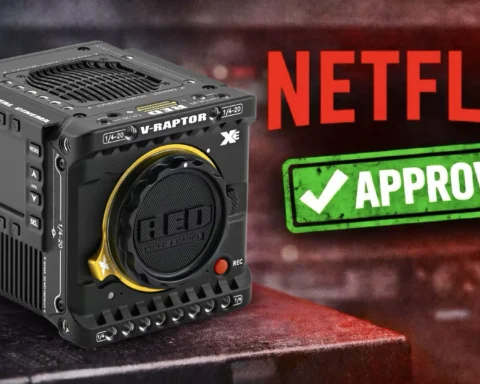
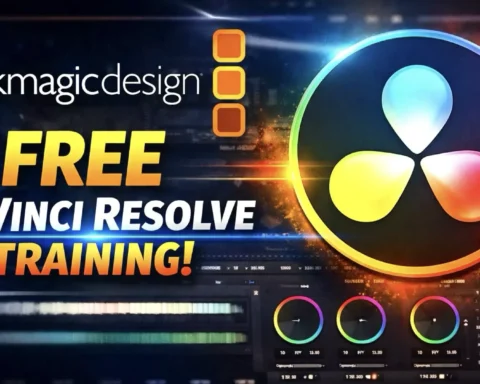

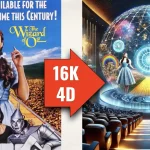
In 25 years, AI could replace the jobs of maybe 50% of the working population on planet Earth? Nobody is going to this stuff from happening. Humans need to somehow adapt.
Coca Cola ads are already moving towards this. Cliff has it right, incorporate & embrace, or get out of the way. AI is happening, and it’s not going away. I’m a 1stAC/Focus Puller. Auto Focus systems are getting better and better, I see this, understand it, and am looking at the way my role on set will be different, if it still exists in the years to come.
Quote in WSJ, “When it comes to Coke’s use of AI, System1’s research suggests “people either don’t know or they don’t care,” Tindall said.”
“some creative jobs shouldn’t exist”… it’s a race to the bottom, push back make your opinion heard on social media. Evangelize for quality and clown those who use this stuff.
Hollywood needs at least 1 competing industry to push back against its monopoly on American cinema. The gatekeepers have done more to harm and destroy filmmakers than any technology ever could. Personally, I see AI as a tool but also a weapon. If I can take my 30 years experience as a filmmaker and use AI to destroy the Hollywood monopoly, then I will.
Yawn. A more sophisticated hallucinating parrot, so what?